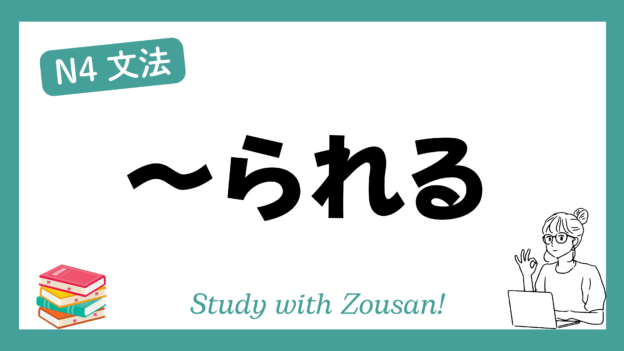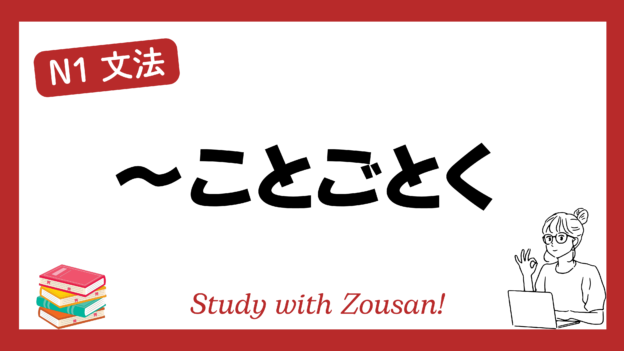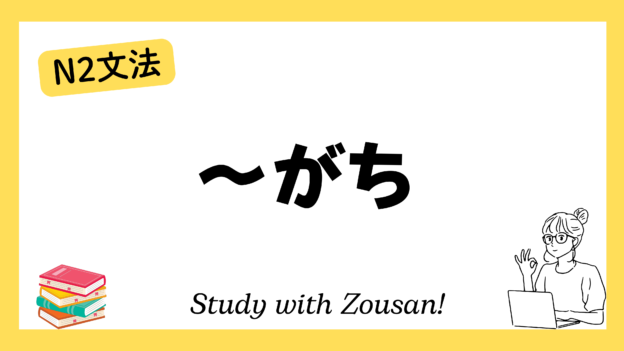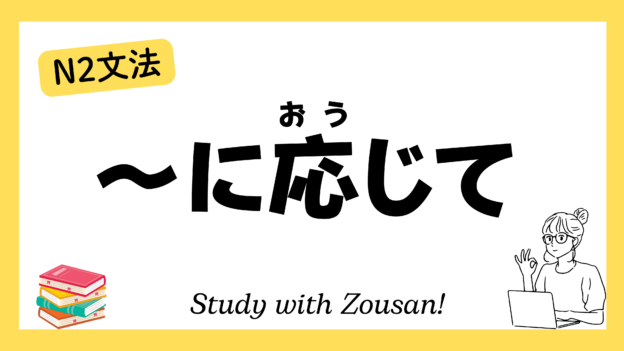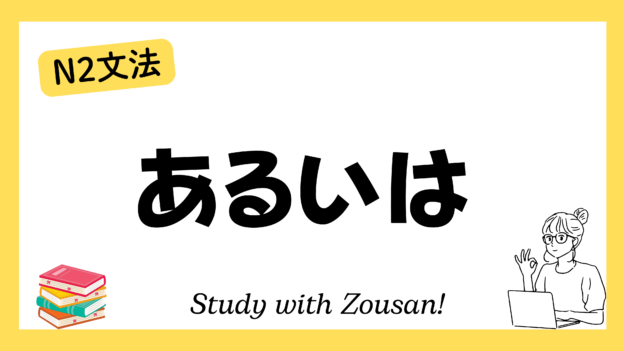N4文法:~られる
Meaning:
-
Passive Form: “To be…” / “To get…”
-
Potential Form: “Can…” / “Able to…”
-
Honorific Form: (Polite way to talk about others’ actions)
~られる has three main usages:
-
-
- To express a passive form, where the subject is acted upon by someone else.
- To express the ability to do something (potential form).
- To express politeness or respect when describing someone else’s actions.
-
※Note:
-
-
- For Group 1 (godan) verbs, add ~れる to the ます-stem.
- For Group 2 (ichidan) verbs, add ~られる to the dictionary form.
- For certain verbs like 行かれる, 思われる, and 使われる, ~られる is used to indicate respect toward the actions of others.
-
Structure:
| Ru-verb | る -> られる |
| U-verb | change “u” to “e” + る |
| やる | やれる |
| する | できる |
| くる | こられる |
Example:
1. Passive Form:
-
-
-
🌟 彼に本を読まれた。
(かれ に ほん を よまれた)
The book was read by him. -
🌟 犬に靴を噛まれた。
(いぬ に くつ を かまれた)
My shoes were bitten by the dog. -
🌟 友達に笑われた。
(ともだち に わらわれた)
I was laughed at by my friend.
-
-
2. Potential Form:
-
-
-
🌟 日本語が話せます。
(にほんご が はなせます)
I can speak Japanese. -
🌟 車を運転できますか?
(くるま を うんてん できます か)
Can you drive a car? -
🌟 この映画は見られます。
(この えいが は みられます)
This movie can be watched.
-
-
3. Honorific Form:
-
-
-
🌟 先生が来られました。
(せんせい が こられました)
The teacher has arrived. -
🌟 社長が話されました。
(しゃちょう が はなされました)
The president spoke. -
🌟 お母様が作られた料理です。
(おかあさま が つくられた りょうり です)
This is a dish your mother made.
-
-
この記事を書いた人



